Some common mistakes being done by us
Today we are discussing some of the common mistakes in our business, which we are occurring knowingly or unknowingly. These small mistakes which are being done by us may lead to late- fees, penalty and any other action by Government department. These mistakes are very simple mistakes which you can avoid at the time of your registration and filing of return by keeping a little precaution.
One thing always keep in mind that GST is a simple tax. Earlier we were writing our books of accounts for Central Excise, Vat, Sales tax, Service tax and many more but now a days we are preparing our books only for GST.
Let us discuss about the common mistakes which we are doing.
Page Contents
- 1. Register your own mobile no. And e-mail id with GST portal
- 2. Non filing of nil returns
- 3. Not displaying the GST Number at the Business Premises
- 4. Non Filing of GST Returns
- 5. Non filing of final return:-
- 6. Understanding the applicability of reverse charge mechanism
- 7. Claiming wrong input tax credit
- 8. Not reconciling your input tax credit with GSTR 2A
- 9. Reversal of ineligible input tax credit:-
- 10. Late filing of GST returns
- 11. Non filing of annual return(GSTR-9)
- 12. Filing of LUT (letter of undertaking) in case of exports
- 13. Additional place of business
- 14. Check din on notice from GST department
- 15. Forget to take input tax credit
- 16. Difference in figures
- 17. Errors while uploading data invoice-wise in GSTR-1
- 18. Difference between zero rated and nil rated supplies
- 19. Receiving ITC without Proper GST Invoice
- 20. Choosing incorrect Invoice format and calculating taxes wrongly
- 21. Getting ITC against Bogus Bills
- 22. Missed to mention the HSN Code in the invoice
- 23. Selling materials under the lower rate bracket
- 24. payment of the tax under the wrong GST head
- 25. Not charging Correct GST Rate.
- 26. Non-maintenance of ITC Register in a proper manner
- 27. Non-generation of e-way bill in case of return of goods after job work.
- 28. Non-payment of GST under RCM
- 29. Non-reversal of ITC in case of free sample / write off / gift / personal consumption.
- 30. Non-payment of GST/ non-reversal of ITC in case of receipt of insurance claim
- 31. Non-issue of Tax Invoice (self-invoice) in case of RCM credit
- 32. Many suppliers file GSTR-3B but not GSTR-1 or vice versa
- 33. Non-reconciliation of GSTR-1 and GSTR-3B for the same month
1. Register your own mobile no. And e-mail id with GST portal
- You should register your own mobile number and email id with GST portal. Whenever you apply for new registration on GST portal or get it registered through any other person, your number should be registered with GST portal so that any e mail or message sent by GST department may be received directly by you.
Because sometimes it is seen that mobile number and email id of some other person like authorized signatory or any practitioner is registered and he does not inform you of the message received from the department and it can create problem for you.
2. Non filing of nil returns
- Many taxpayers have the misconception that when they are not having any transactions to be disclosed for a tax period, GST returns need not have to be filed. This can result in penalties for failure to file or delay filing of returns.
- A taxpayer must file a Nil return even if he may not have any transactions to report for any particular tax period. This would also help in filing the returns of the future period since if you are not filing return for current month, then you cannot file return for the coming month.
- Suppose you want to file GST return for the month of May 2020 and you have not filed your GST return for the month of April 2020, then you cannot file return for the month of May 2020 till the return for April 2020 is not filed by you.
- Now Nil GST return can be filed through SMS service on GST portal.
3. Not displaying the GST Number at the Business Premises
- Every taxable person is required to display his GSTIN number on name board or sign board of business and is also required to display his registration certificate in business premises so that a purchaser can easily find out whether a person is registered or not. This is the legal requirement, so that the purchaser can find out whether the person from whom he is buying anything is entitled to collect tax from him or not.
- Not displaying of name board or sign board can lead to penalty to the business.
- The composition dealer is required to mention in the business premises along with registration certificate that he is not entitled to collect tax from taxpayer.
4. Non Filing of GST Returns
- Most of the businesses are making this mistake by not filing GST returns. Due to the easiness of GST registration process, they get themselves registered under the GST law and after registration, right from the next month they become defaulter by not filing the monthly GST returns applicable to them. This is the beginning of the penalty which after few months becomes so huge that it becomes difficult for them to come back to routine process.
5. Non filing of final return:-
- A taxable person whose GST registration is cancelled or surrendered has to file a return in the form of GSTR-10. This return is called as final return. GSTR 10 must be filed within three months from the date of cancellation or date of cancellation order whichever is later.(however some concessions have been given due to Covid-19).
- So whenever you surrender your GST registration number, you should file your final return in time because non filing of return attracts interest and penalty.
6. Understanding the applicability of reverse charge mechanism
- The Government has recently simplified things for businesses by restricting the applicability of reverse-charge to certain notified goods and services. Businesses now need to understand and identify whether any of these provisions apply to them. The taxpayers are not duly understanding their applicability and are not paying the GST dues on reverse charge.
- Service providers, on whose services reverse charge is applicable, should be careful to not pay GST on the same, because it will lead to the double payment of taxes.
7. Claiming wrong input tax credit
- A taxpayer should always insist on the right input tax credit .He should pay attention to the blocked input tax credit which are not allowed under Section 17(5). Please check before filing the return that all the input tax credit taken by you are true.
- Because ineligible credits are subject to reversal along with interest due on it. So the taxpayer should take only correct input tax credit.
8. Not reconciling your input tax credit with GSTR 2A
- GSTR-2A is an auto-generated return in which a taxpayer’s registered purchases and related input tax credit are declared by the respective supplier.
- If you do not tally your books with GSTR-2A, then you will claim the input tax credit as per your books and you will not be able to find that which suppliers of yours are not filing the GST returns and which credit is still pending.
9. Reversal of ineligible input tax credit:-
- As per law, ITC should be reversed in some instances such as :-
- (a) Input goods or services partly used for personal purposes ,
- (b) capital goods sold
- © free samples given to consumers or business partners ,
- (d) goods lost,
- (e)goods destroyed
- (f) goods or service not received ,
- (g) payment not made to suppliers within 180 days, etc.
- But due to lack of knowledge, the taxpayers are not adhering to this point. Failure of complying these provisions can result in the issuance of notices by the GST department, which could eventually result in paying interest and penalty.
10. Late filing of GST returns
- Not filing the GST return within the time period given by the department is considered as non-compliance with the law and it causes strict penalty amount ,which is called late fees. Along with late fee, interest has to be paid on the GST amount due.
- Filing of GST return with-in the time given by the department is our prime duty and it should be done in the same time frame.
11. Non filing of annual return(GSTR-9)
- As per the GST Law, every GST registered person is required to file an Annual Return after the closing of each Financial Year as per the time stipulated time by GSTN. It must be taken care that every registered person has to file the Annual Return even when his GST Number has been cancelled. .
- Taxpayer should also check this point that up to how much sales, annual return filing is compulsory because government gives relief to small taxpayers from time to time.
12. Filing of LUT (letter of undertaking) in case of exports
- All registered tax payers who export the goods or services now have to furnish Letter of Undertaking (LUT) in GST RFD-11 form on the common portal of GSTN in order to make exports without payment of IGST. If you are having export business, make sure that you file LUT.
- Formerly, LUT was to be filed offline at the concerned GST office. Now, the Government has made the process of filing GST LUT online. Now, exporters can file LUT online through their respective GST Portal account easily.
13. Additional place of business
- Additional Place of business is the place where taxpayer carries out business related activities within the State, in addition to the Principal Place of Business. So if you have started business at any additional place, then you should get it added in your GST registration certificate.
14. Check din on notice from GST department
- DIN stands for Document Identification Number. The Central Board of Indirect Taxes and Customs (CBIC) has come up with an initiative to secure all the communication sent by the tax officials to the registered taxpayers by digitizing the communication. A unique document identification number will be used on all communications sent to the taxpayers.
- So whenever you get any notice from the GST department, you can check the authenticity of the same on CBIC.gov.in and only after that you should give reply for the notice.
15. Forget to take input tax credit
- If you forget to take any input tax credit for any invoice, then it is not a big mistake because you can take input credit of the same till the filing of GST return of September month of next financial year or the date of filing of annual return whichever is earlier.
- Please make sure that you make GSTR-2A matching every month to check such missing invoices.
16. Difference in figures
- The income tax department has started sharing the tax return data of business persons with the Goods and Services Tax Network (GSTN) The move is aimed at spotting income anomalies or mismatches between their GST returns and income tax return (ITR).
- Business persons need to ensure that their income tax returns and GST returns co-relate.(the figures in both the returns should be same)
17. Errors while uploading data invoice-wise in GSTR-1
- In GSTR-1 return, invoice wise data is uploaded with all details relating to the invoice date, invoice number, place of supply, rate of tax etc. Sometimes due to the vast data, some mistakes are made by the taxpayers and this causes a mismatch because the purchaser will not be able to claim input tax credit if invoices are not visible in their GSTR-2A.
- To stop such mistakes in GSTR-1, you can enter your bills on weekly basis on GST portal.
18. Difference between zero rated and nil rated supplies
- Several taxpayers confuse zero-rated with nil-rated supplies. In the case of zero rated supply, usually only exports and supplies to an SEZ fall in this category. However, in the case of nil-rated supply, all goods and services fall in this category on which the tax rate is 0 percent.
- So please ensure that you enter figures in the right tax column. While filing returns, a taxpayer needs to be careful that export figures will not come under the nil-rated category.
19. Receiving ITC without Proper GST Invoice
- In GST, it is mandatory that, one should hold a valid GST invoice for taking GST credit.
- However, it is observed at the time of the audit, that many dealers are taking credit without having a valid GST invoice.
- So please ensure that you are having valid document for taking input tax credit.
20. Choosing incorrect Invoice format and calculating taxes wrongly
- At the time of auditing of business-houses, it is commonly observed that they are not issuing invoices in the specified format, like in many cases, place of Supply was not mentioned, wrong GST number of the purchaser was given in the Invoice, etc.GST Holders should take care of such errors because issuing a wrong invoice causes a denial of Input Tax Credit to the receiver. It may attract unnecessary penalty from the department as well.
21. Getting ITC against Bogus Bills
- As per latest news in media and newspapers, many dealers are buying fake bills from dealers to avail GST Credit which may result in a legal action in the future. The GST Department is going to investigate such cases, where GST Dealers have paid off their GST liability with the help of such fake credit. This will lead to reversal of fake GST credit along with interest and penalty and legal actions.
- So, such kind of illegal and unethical practice should not be practiced at any stage. Latest GST department has busted billing scam worth Rs. 350 crore in Punjab. So beware of such entries.
There are some more mistakes which are done by us
22. Missed to mention the HSN Code in the invoice
23. Selling materials under the lower rate bracket
24. payment of the tax under the wrong GST head
25. Not charging Correct GST Rate.
26. Non-maintenance of ITC Register in a proper manner
27. Non-generation of e-way bill in case of return of goods after job work.
28. Non-payment of GST under RCM
29. Non-reversal of ITC in case of free sample / write off / gift / personal consumption.
30. Non-payment of GST/ non-reversal of ITC in case of receipt of insurance claim
31. Non-issue of Tax Invoice (self-invoice) in case of RCM credit
32. Many suppliers file GSTR-3B but not GSTR-1 or vice versa
33. Non-reconciliation of GSTR-1 and GSTR-3B for the same month
Above discussed errors are some of the most common mistakes which are being done by registered persons. Under the GST law, the consequences of being a defaulter may cost you interest and late fees penalty. So whenever you are in any kind of doubt, you should consult your GST Consultant or advocate.





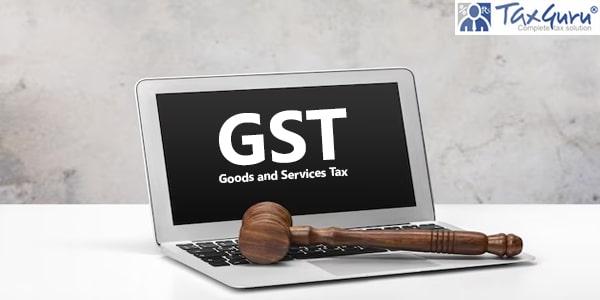


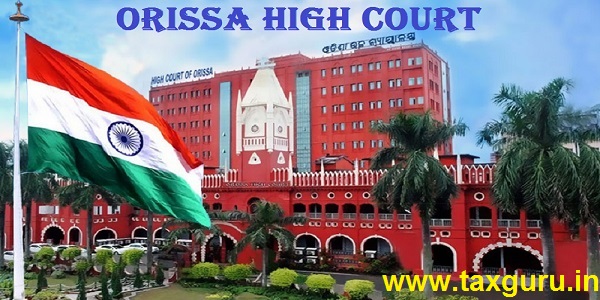

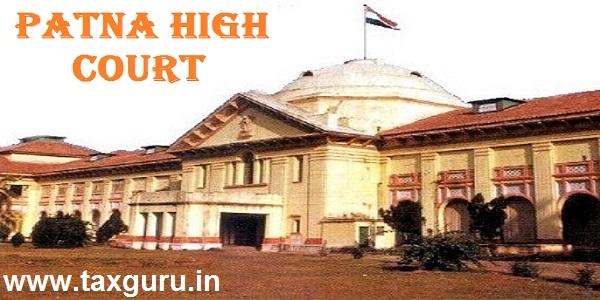






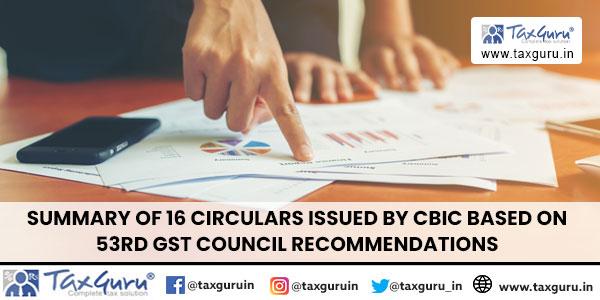
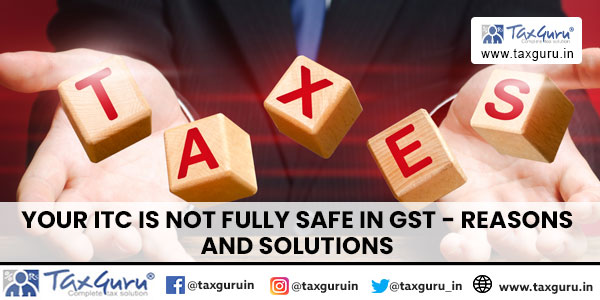
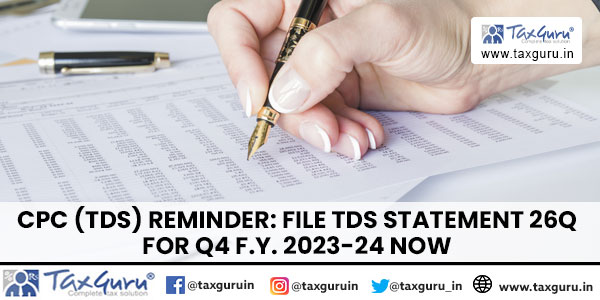
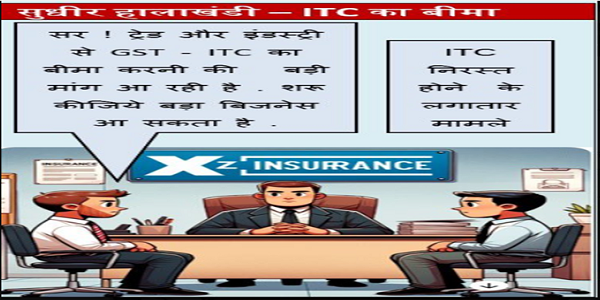
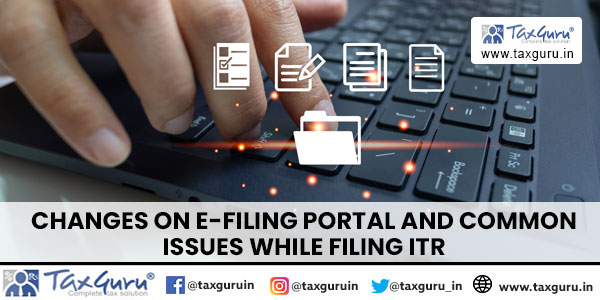
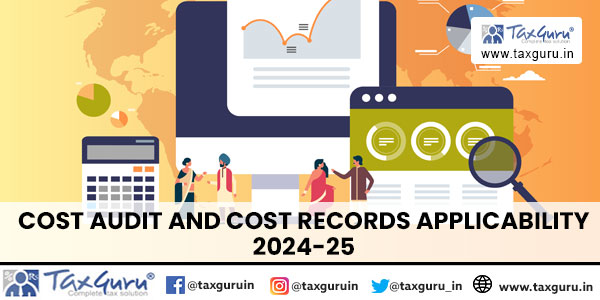









By mistake a client has entered all purchases in GSTR1, how to I rectify it.
Thanks to Neelam Bhandari for her good post on GST valuable and useful content to every business man
Thanks a lot. for sharing very useful information.
Very useful and easily comprehendible article.
Really comprehensive article, must read for a GST Assesee even the new professional can find it useful.
Done a great Job. Worth including in GST departmental FAQ
useful, easy to understand checklist ,madam